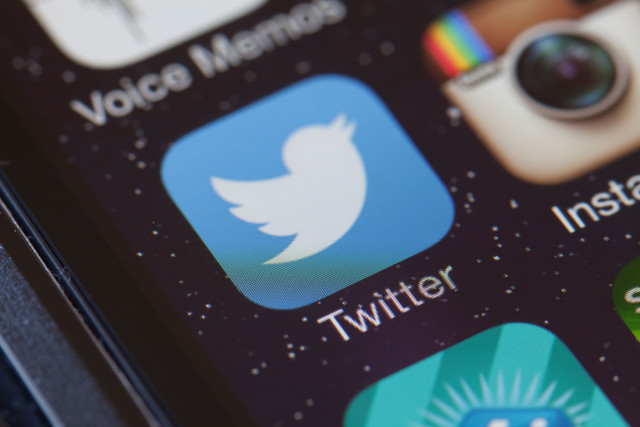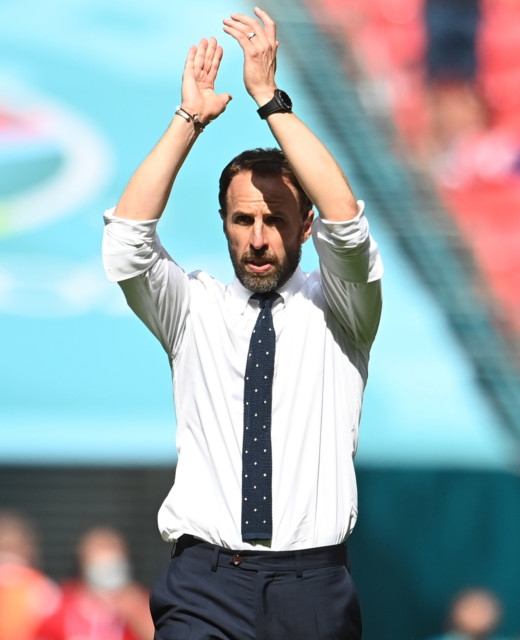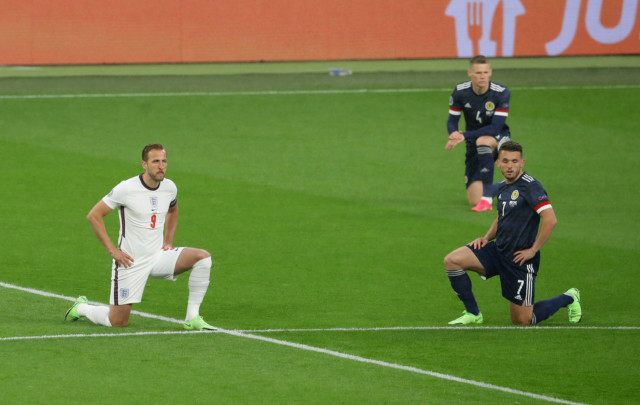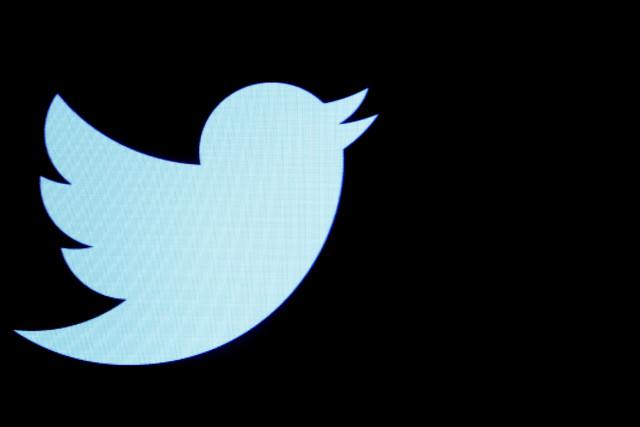ENGLAND’S footballers have been subjected to more than 2,000 abusive posts during their matches at Euro 2020, a shocking new report has revealed.
The online abuse included racist messages, monkey emojis and hatred fuelled comments towards members of the England squad and manager Gareth Southgate.
Follow ALL of the latest news and updates from Euro 2020 with our live blog

According to the analysis conducted by The Guardian, 2,114 abusive tweets were identified across England’s three group games against Croatia, Scotland and the Czech Republic.
This included 44 explicitly racist tweets, with messages using the N-word and monkey emojis directed at black players.
A further 58 comments attacked players for their anti-racist actions, including taking the knee.
The study, which recorded messages sent five hours around the match, found that Captain Harry Kane and forward Raheem Sterling, who both started all three matches, were two of the main targets for abuse.
Sterling’s selection for the first match was considered by some as contentious, following an indifferent season at Manchester City
However, the forward has scored both England’s goals in the Euros so far.
Equally, Harry Kane is regarded as having struggled to find his best form having failed to hit the net so far.
According the study, both players received similar volumes of abuse against Croatia where 10% of the messages directed at Sterling were explicitly racist.
In the second game against Scotland, where there were no goals and Kane was substituted in the second half, Sterling received more abuse than Kane.
However, in the third match, where Sterling again scored the only goal, Kane received more abuse than Sterling.
Overall Kane received 506 abusive tweets and Sterling 430. Phil Foden, Jack Grealish, Jordan Pickford and Tyrone Mings also received high volumes of abuse.
The most targeted individual of all, however, was Gareth Southgate who was the focus of more than 700 messages.



Reacting to the findings, Sanjay Bhandari, the chair of Kick It Out and of the Football Online Hate Working Group, said: “The findings from this research are saddening because they are so grimly predictable.
“Abuse and discrimination aimed at minorities and their allies have become sadly normalised on social media to the point where a piece of hate is taken down every second of every minute of every hour of every day, 365 days a year.
Reacting to the findings, Sanjay Bhandari, the chair of Kick It Out and of the Football Online Hate Working Group, said: “The findings from this research are saddening because they are so grimly predictable.
“Abuse and discrimination aimed at minorities and their allies have become sadly normalised on social media to the point where a piece of hate is taken down every second of every minute of every hour of every day, 365 days a year.
Her comments echo those issued towards social media platform Twitter who continues to come under pressure to tighten its response to abuse.
In April, the English football community and media organisations, including HOAR, boycotted social media to draw attention to the problem.

The FA, alongside the Premier League, the campaign group Kick It Out and other footballing bodies have repeatedly demanded action, including faster removal of offensive content and the ability to more easily identify offenders.
Patrik Hermansson, a researcher at Hope Not Hate – the organisation who helped collect the data, said: “Online abuse and specifically racist abuse is a serious issue.
“Even if it’s a relative minority of the content it can have a large impact on the direct victim but also others who observe it online.
“This means a single post causes harm wider than just the single person it’s targeting.
“Social media like Twitter attract this sort of abuse because of its encouragement of quick and emotive reactions and feeling of anonymity.
“Since this exact issue has been given attention before, Twitter is well aware of the issue and should do more to combat it.
“Those solutions need to include both faster moderation and more fundamental design changes of their service that discourages or limits the ability to post by for example newly created accounts on contentious issues.”

